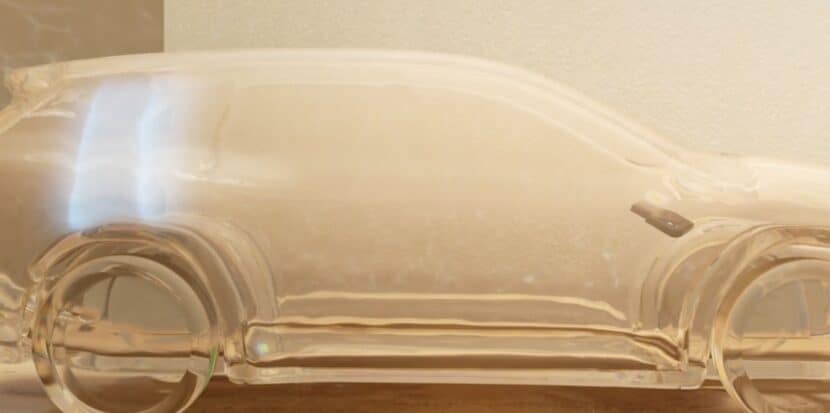Electric BMW M Cars Could Have Twin-Motor RWD or Quad-Motor AWD
BMW M CEO Frank Van Meel has recently talked to Ars Technica about the future of all-electric BMW M cars, revealing that the company is looking at several drivetrains options. According to the M boss, his engineers are exploring ideas around electric M cars with both twin-motor, rear-wheel drive and quad-motor, all-wheel drive layouts. Regarding the latter, Van Meel believes that the quad-motor concept has the potential to further improve the handling of all-electric BMW M cars.
The tech will allow the company to develop a more sophisticated logic that also controls the drivetrain. He also believes that the quad-motor concept could allow BMW to develop all-electric race cars with ABS braking systems that use electric motors instead of brake discs, which could improve energy regeneration and increase range on the track. This is clearly at hint at future racing series with electric cars.
Quad-Motors vs. Twin-Motor In The Back


However, Van Meel also acknowledges that the quad-motor concept is more complex and heavier than the twin-motor concept. That’s why BMW is also considering a twin-motor, rear-wheel drive layout for its future all-electric M cars. This layout would offer the benefits of lower weight and better weight distribution, which would improve agility and handling. Van Meel says that BMW is still working on developing electric powertrains that meet the company’s high standards for performance and durability. He emphasizes the importance of developing electric motors that are lightweight, powerful, compact, and have adequate cooling. He also says that BMW is developing a new battery concept for the Neue Klasse architecture that will be able to provide sustained power to the motors without overheating or derating.
BMW iX3 M Coming in 2026
The first all-electric BMW M car is not expected to arrive until 2025, when BMW’s Neue Klasse electric architecture is launched. The first full M electric car will be the BMW iX3 M based on the EV-dedicated Neue Klasse architecture. The new platform will include a domain controller for vehicle dynamics, called the “Heart of Joy.” The “Heart of Joy” marks a significant milestone for BMW, as it combines powertrain software and driving dynamics into a single, unified system.
By unifying everything into a single software stack, BMW’s centralized system has less lag than traditional architectures because all the sensors and functions are within the same software stack. BMW also gave the example of different ECUs on a bus system. In that particular approach, there can be delays as high as 10 milliseconds to 20 milliseconds, but with the “Heart of Joy”, the lag can be reduced to as low as 1 millisecond.
Meanwhile, the M Division is currently faced with the task of determining the fate of the M3 and M4 models. Originally, the company contemplated transitioning the M3 and M4 to full electric power, possibly by the year 2027. However, there have been recent discussions regarding the possibility of preserving the traditional internal combustion engine (ICE) versions of the M3 and M4. If both solutions come to market, it will certainly pose an interesting marketing challenge on how to position the cars. But more on that in the future.
[Source: Ars Technica]
